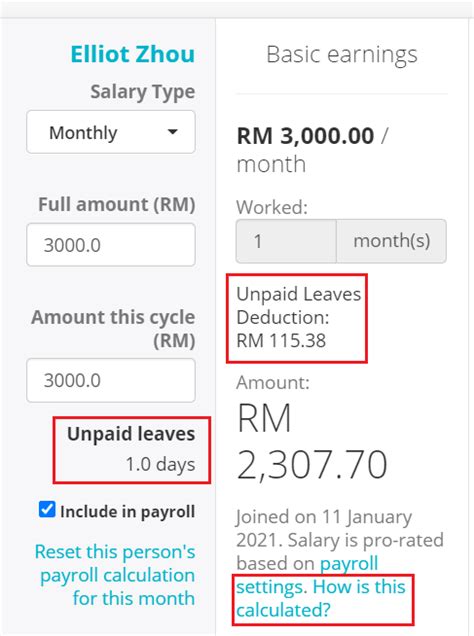Introduction

A persistent cough is a frustrating and uncomfortable symptom that can disrupt daily life. While most coughs resolve within a few weeks, some can linger for months or even years. Understanding the underlying cause of a persistent cough is crucial for effective treatment. In this comprehensive guide, we explore the potential reasons why your cough may not be going away and provide evidence-based strategies for finding relief.
1. Underlying Respiratory Conditions
- Asthma: characterized by airway inflammation and narrowing, leading to coughing, wheezing, and shortness of breath.
- Chronic Obstructive Pulmonary Disease (COPD): a group of lung diseases that cause airflow limitation, such as emphysema and chronic bronchitis.
- Bronchitis: inflammation of the bronchial tubes, causing coughing and mucus production.
- Pneumonia: infection of the lungs, leading to cough, fever, chills, and difficulty breathing.
- Tuberculosis (TB): a bacterial infection of the lungs, causing persistent cough, chest pain, and weight loss.
2. Gastrointestinal Issues
- Gastroesophageal Reflux Disease (GERD): when stomach acid flows back into the esophagus, leading to coughing, heartburn, and acid reflux.
- Hiatal Hernia: a condition where the stomach pushes through an opening in the diaphragm, contributing to GERD and coughing.
3. Cardiovascular Disorders
- Congestive Heart Failure: weakened heart fails to pump blood effectively, causing fluid buildup in the lungs and coughing.
- Pulmonary Embolism: blood clot in the lungs, leading to sudden shortness of breath and cough.
4. Other Underlying Causes
- Whooping Cough (Pertussis): a bacterial infection that causes severe coughing fits.
- Sinusitis: inflammation of the sinuses, leading to post-nasal drip and persistent coughing.
- Allergies: exposure to allergens can trigger coughing and other respiratory symptoms.
- Medications: certain medications, such as ACE inhibitors and NSAIDs, can cause coughing as a side effect.
5. Identifying the Cause
To determine the underlying cause of your persistent cough, your healthcare provider will likely perform a physical exam, review your medical history, and order diagnostic tests. These may include:
- Chest X-ray: to detect lung abnormalities or infections.
- Pulmonary Function Tests: to assess lung function and identify potential respiratory disorders.
- Spirometry: to measure airflow volume and patterns in the lungs.
- Sputum Culture: to identify bacteria or other microorganisms that may be causing the cough.
- Bronchoscopy: a procedure to visualize the inside of the airways and collect samples for testing.
6. Treatment Options
Treatment for a persistent cough depends on the underlying cause. Some common therapies include:
Respiratory Conditions:
* Inhalers to reduce airway inflammation
* Bronchodilators to open up the airways
* Antibiotics to treat infections
Gastrointestinal Issues:
* Antacids or proton pump inhibitors to reduce stomach acid
* Medications to improve esophageal motility
Cardiovascular Disorders:
* Medications to strengthen the heart and reduce fluid buildup
* Oxygen therapy to assist with breathing
Other Causes:
* Anti-allergy medications
* Cessation of medications causing coughing
* Antibiotics for bacterial infections
* Home remedies such as honey or steam inhalation
7. Tips for Relief
While seeking medical attention is essential, there are some strategies you can try to alleviate your cough at home:
- Get plenty of rest: Sleep helps the immune system fight infections and reduce coughing.
- Stay hydrated: Fluids thin mucus and help expel it.
- Use a humidifier: Moisture in the air can soothe irritated airways.
- Try honey: A teaspoon of honey before bed can suppress nighttime coughing.
- Gargle with salt water: This can reduce inflammation in the throat.
- Avoid smoking: Smoking irritates the airways and worsens coughing.
8. FAQs
- How long should I wait before seeing a doctor about my cough?: If your cough lasts more than 3 weeks or is accompanied by other symptoms such as fever, chest pain, or difficulty breathing, seek medical attention.
- Can I take over-the-counter cough suppressants?:
- Cough suppressants can provide temporary relief but should not be used long-term.
- Always consult your healthcare provider before taking any medications.
- What if my cough is getting worse?:
- If your cough worsens or changes in character, seek medical attention promptly.
- This may indicate a more serious underlying condition.
- How can I prevent future coughs?:
- Practice good hygiene, such as frequent hand washing.
- Get vaccinated against respiratory infections.
- Avoid smoking and environmental triggers.
Conclusion
A persistent cough can be a frustrating and debilitating symptom. Understanding the underlying cause is critical for effective treatment. By working with your healthcare provider, you can identify and address the root of your cough, enabling you to regain your respiratory health and well-being. Remember that early diagnosis and appropriate treatment are key to alleviating the discomfort and preventing further complications.















